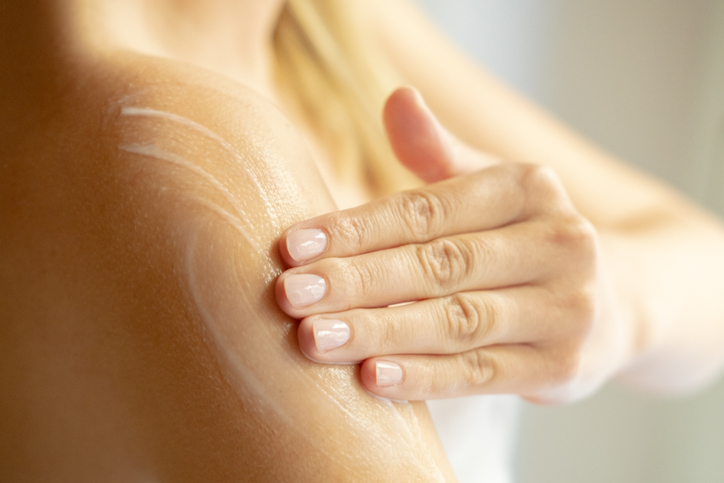As there is no cure for primary biliary cholangitis (PBC), a holistic approach to managing the disease is recommended to complement medical care. The priority is to delay disease progression, and changes to diet and lifestyle are essential in managing symptoms and maintaining quality of life.
PBC is a rare, chronic autoimmune liver disease that occurs mainly in women aged 35 to 50. It attacks the small bile ducts in the liver, eventually destroying them and leading to a buildup of bile in the liver. This progressively scars the liver, affecting its function and resulting in fibrosis, cirrhosis and eventually liver failure. The only cure for end-stage liver failure is a liver transplant.
The cause of PBC is still unknown, but genetic and environmental risk factors are thought to play a role.
People with PBC are often asymptomatic at diagnosis and the severity of symptoms can vary from person to person. Symptoms include chronic fatigue, pruritus (itchy skin), jaundice, stomach pain, sore joints and brain fog. These symptoms can severely affect the lives of people with PBC. Poor sleep and constant itching in particular can lead to depression and social isolation.
Holistic care
People with PBC can live for many years, even decades with the disease, if they are diagnosed early and receive timely treatment that slows disease progression. Some maintain normal life expectancy, even with a symptom burden that is often difficult to live with.
While ursodeoxycholic acid (UDCA) is the first-line treatment for PBC, it doesn’t reduce the severity of symptoms. Doctors encourage people with PBC to find coping mechanisms manage the symptom burden themselves.
Learn more about PBC treatment and care
The priority for patients with PBC is to avoid or stop smoking, reduce alcohol and salt intake, eat well and adopt a healthy lifestyle. Vitamins A, D, E and K are recommended for jaundice and severe cholestasis, which occurs when bile flow slows or stops.
To manage symptoms, practicing yoga, meditation, breathwork and mindfulness may help. Mind-body programs have been proven to improve mental health and quality of life in people with PBC. Benefits can include a reduction in anxiety, stress and fatigue.
Practical remedies and topical treatments can help to reduce constant itchiness on the palms, feet, arms and legs. It is recommended to avoid wearing synthetic fabrics and wool, to use body moisturizers to soothe inflamed or dry skin and to take cold water baths or showers.
OTC medication such as antihistamines can also ease pruritus symptoms, but it is important to check all treatments with your healthcare provider before use.

